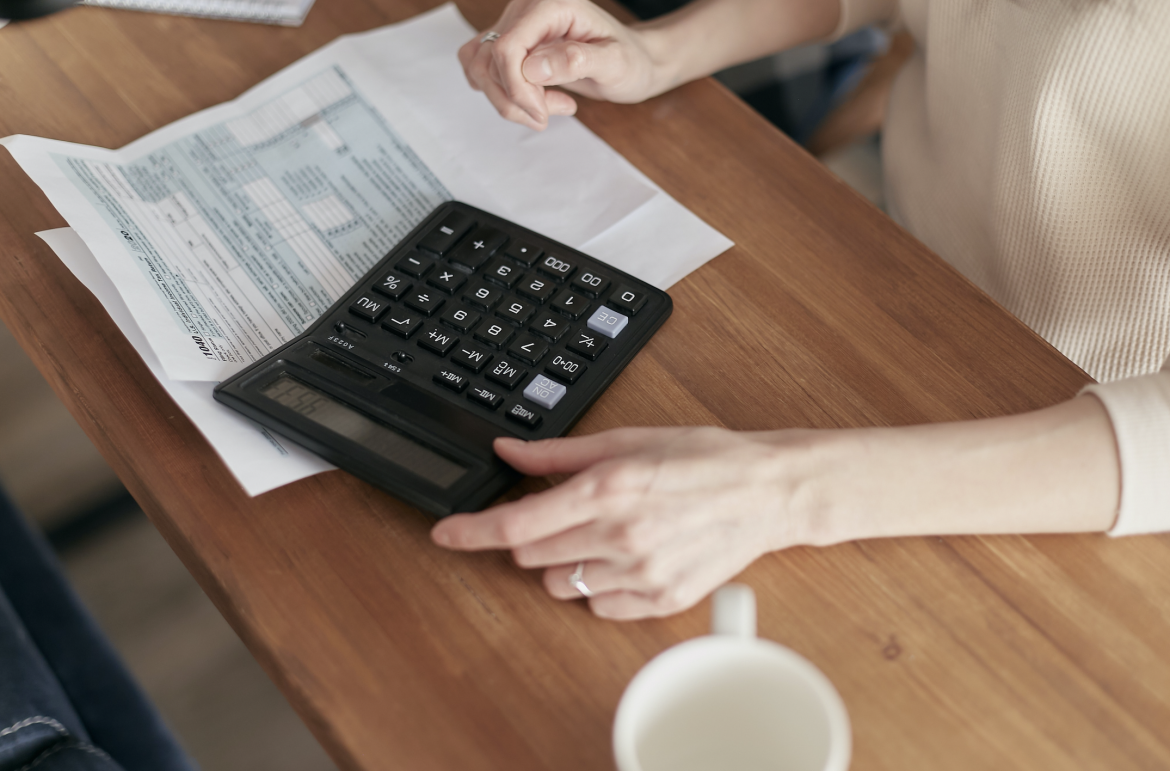Suffering from a monthly cash pinch? We ask the experts for some quick, clever money saving tips to help you nail your budget and save money in the long run.
Money saving tips to try now…
Pay your direct debits straight away
This is a great money saving tip because someone who pays their bond at month-end tends to spend more in the month than someone who pays straight after payday. Why? Well, we all know the bill is coming, it’s just that we see a healthy balance and get a false sense of wealth. Rearrange direct debits so they all get paid just after you get paid – you will feel poorer, but this is guaranteed to make you richer in the long run.
Make trade-offs to give yourself a treat
If you’ve ever been on a diet, you’ll know how miserable it can be counting every kilojoule. It’s a similar story with budgeting. If you count every cent, life becomes boring. Instead, lump all optional spending into one pot and enjoy trade-offs, like a glass of wine after work instead of buying lunch (make your own).
A weekly budget stops you from being weak-willed
This is another clever behavioural trick. People who get paid monthly tend to spend too much at the beginning of the month. Create a weekly budget for discretionary spending instead. Start your week on a Monday (if you start at the weekend, you could blow your budget for the rest of the week).
The incentive is, if you manage to spend less during the week, you will be able to indulge at the weekend. If you get your budget wrong, you can live frugally for the weekend and get back on track the week after. This is a great – and quick – way to change your spending behaviour forever.
Look back as it will help you going forward
What are your biggest regrets when it comes to your finances? Looking back to the times when we wish we hadn’t spent so much is the best catalyst for changing our financial habits. For many, one of the biggest regrets is going out: we ate too much, spent too much. Or perhaps you have a habit of buying clothes you never wear. Whatever your money regrets, try to identify them. Then set a rule going forward. For example, you will only have a starter or a dessert, but not both.
Never shop when you’re stressed
This is a bit like going to the supermarket when you’re hungry – you end up buying more. Research from the MoneySuperMarket, a UK price-comparison site, found people spend £104 (about R1 805) more a month (R21 660 a year!) if they shop when stressed – with clothes and takeaways the biggest expenses.
Stop making contactless payments
A swipe or tap of the card makes it far too easy to spend. Leave your cards at home as often as possible and stick to cash. Half of us say if we had to pay cash for impulse buys, we would think twice – or not buy at all. If that is too much of a struggle, try the 5:2 approach – five days of cash, two with cards.
Dump your debts to get in credit
Check your statements – there will be debits going out for things that you no longer need. Cancel anything that you don’t use.
Sources:
- Michael Bowren, the co-founder and CEO of financial-comparison site
- Floris Slabbert is the director of financial-services firm Ecsponent
- Behavioural economist Dan Ariely is the co-author of Small Change: Money Mishaps and How to Avoid Them
- Holly Mackay is a UK-based investments expert with 20 years’ experience
ALSO SEE HOW TO TAKE CONTROL OF YOUR FINANCES

